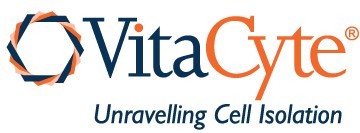Presented by
Erik Finger, University of Minnesota
The search for a method for islet cryopreservation that achieves both high viability and clinical scalability began in 1981. Numerous attempts to cryopreserve islets by slow cooling islets in cryoprotective agent (CPA) solutions have been unsuccessful. A multidisciplinary team from the University of Minnesota, including engineers and transplant biologists, solved this problem by developing a vitrification method where the islets are cryogenically stored in an ice-free glassy state. Their approach was to optimize heat transfer and minimize CPA toxicity. This method is clinically scalable. Human, pig, mouse, and human stem cell-derived islets could all be cryopreserved and demonstrated normal metabolic activity in vitro or in vivo (see https://www.nature.com/articles/s41591-022-01718-1). The webinar will present an overview of the method, review the results comparing cryopreserved to fresh islets, and the implications of using cryopreserved islets for research or islet transplantation.
Meet the Presenter

Erik Finger
University of Minnesota
Erik Finger is an Associate Professor of Surgery at the University of Minnesota. In addition to clinical practice in kidney and pancreas transplantation, he has an active research laboratory studying transplant tolerance and organ and tissue cryopreservation. He has 3 active R01s and is a senior investigator on a large National Science Foundation Engineering Research Center grant (>$25M). He has been at the University of Minnesota for 13 years.
